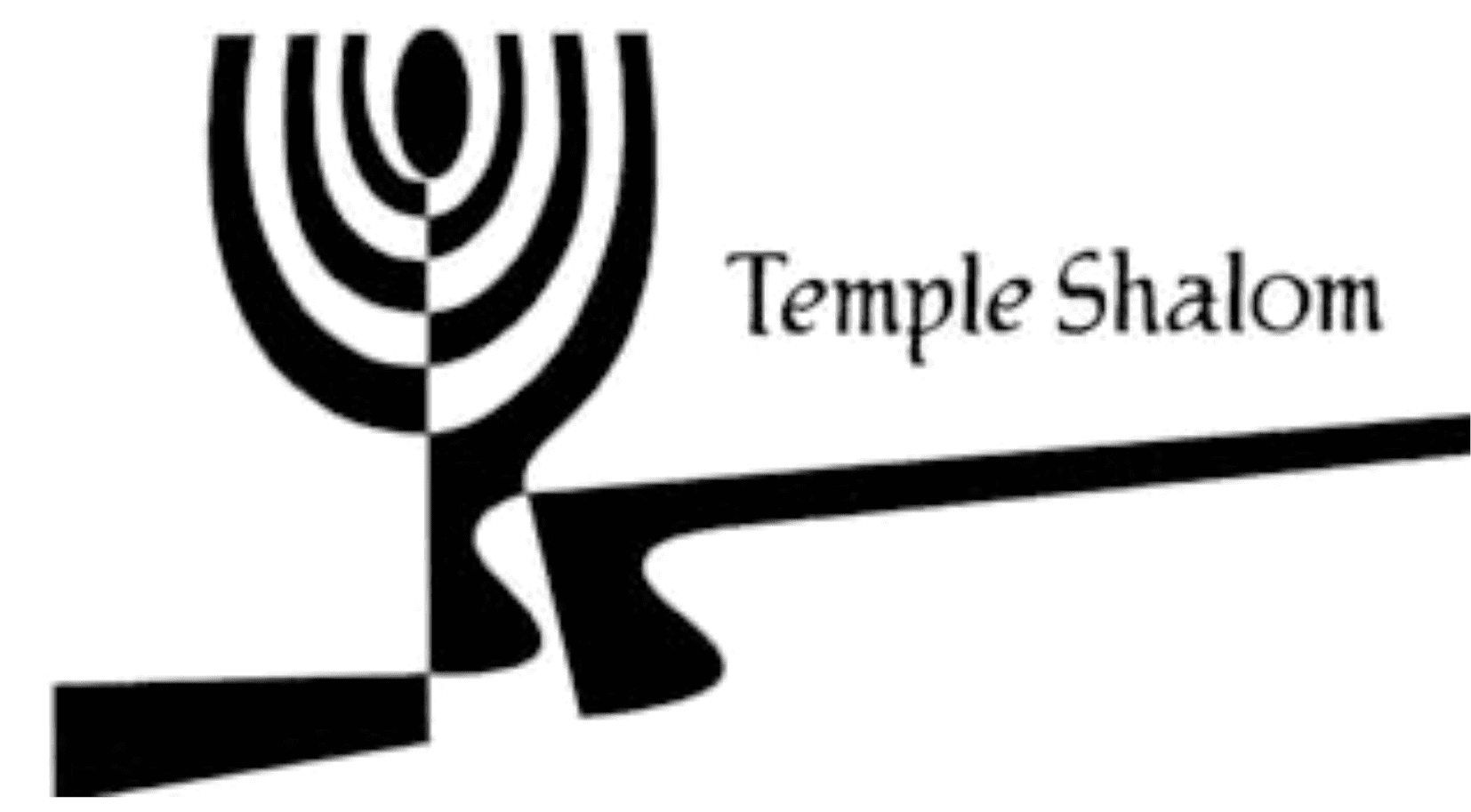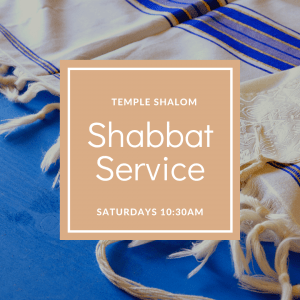This week, the government released the results of a survey compiled earlier this year about antisemitism in Ontario’s K-12 schools. I know the statistics and stories shared here include the experiences of young people in our community. If you haven’t looked at this survey data yet, I encourage you to take a look: Antisemitism in Ontario’s K-12 Schools – Canada.ca. Perhaps you see your own or your child’s experience at school reflected in this data – and perhaps you don’t!
The research, conducted by Robert Brym, the foremost researcher of Canadian Jewry, is concerning. It indicates that less than half of antisemitic incidents in schools were actually investigated in those schools. It reports that Jewish children, understandably, are scared, angry, worried about reprisals for reporting antisemitic bullying and harassment. The survey reveals how little schools often understand about Judaism and Jewish identity, as some school boards define antisemitism “primarily as a form of religious hatred.” However, not all Jews identify religiously – many identify as part of a culture, an ethnicity, as a people, and antisemitism is certainly not exclusively a religious hatred.
While this research clearly identifies the problem, it is less clear about what the next steps are, whether for school boards, teachers, young people, Jewish families, and Jewish communities. As a parent with two children in public schools, who have overall had a positive and affirming experience in their classrooms, I am hesitant to create a situation where we expect that Jewish children will walk into their classrooms on September 2 to experience antisemitism. I want my children – and all of our children – to expect that they will find respect, curiosity, friendship, and supportive, compassionate teachers and administrators. But unfortunately, we know that’s not the case.
Reports of antisemitism can elicit a natural impulse to turn inwards, to lean into the familiar safety of the Jewish community. Certainly, some Jewish families in Ontario have chosen to exit the public school system, looking into Jewish day schools or other options. When we remove ourselves from the public square, creating classrooms that are empty of Jewish students, Jewish teachers, and their valuable perspectives and opinions, we are helping to create a polarised society. Ultimately, the physical security and emotional safety of our children is of the utmost importance, and each family will have to navigate what that looks like for their kids. It is holy and hard work to keep showing up, to being an active voice in our classrooms, our schools, and our school boards for the need to create safe learning spaces for Jewish kids – and all kids.
If you or your child would like to talk with me about this research, or about experiences in the school system, please don’t hesitate to reach out. I’m always glad to meet with teachers and school administrators, to be a supportive resource in any way I can.

